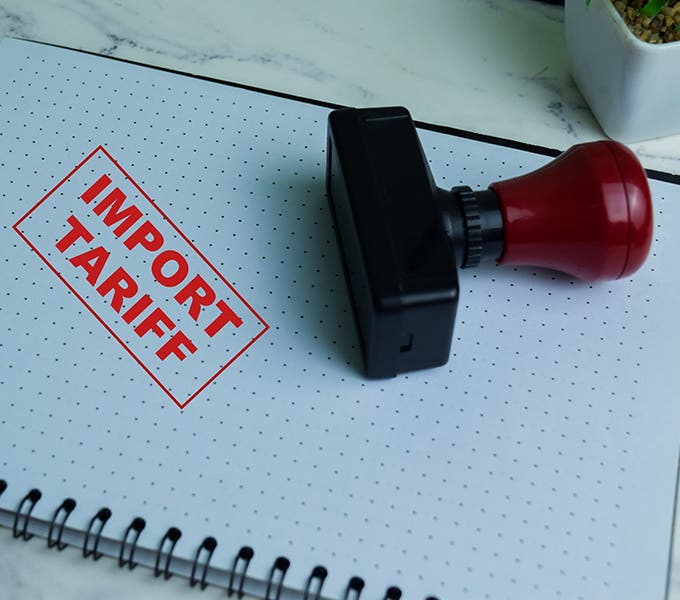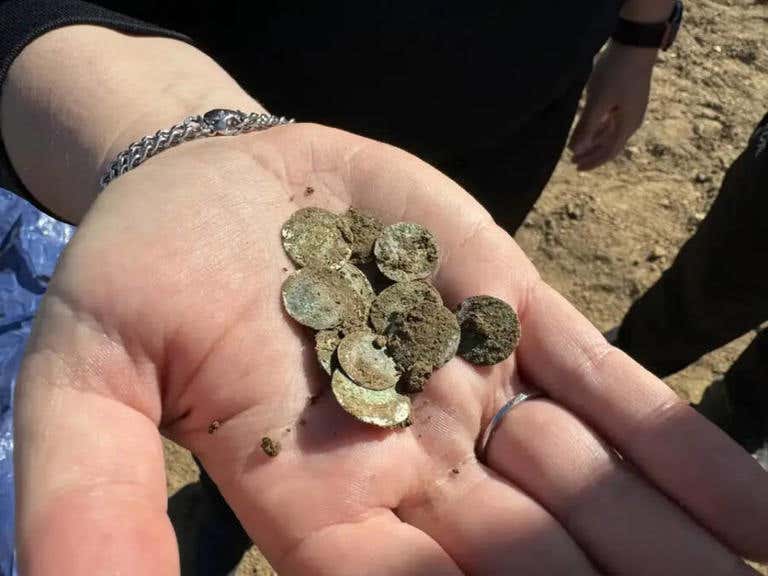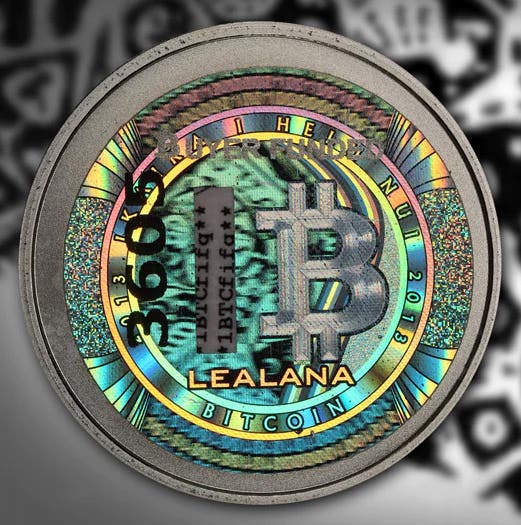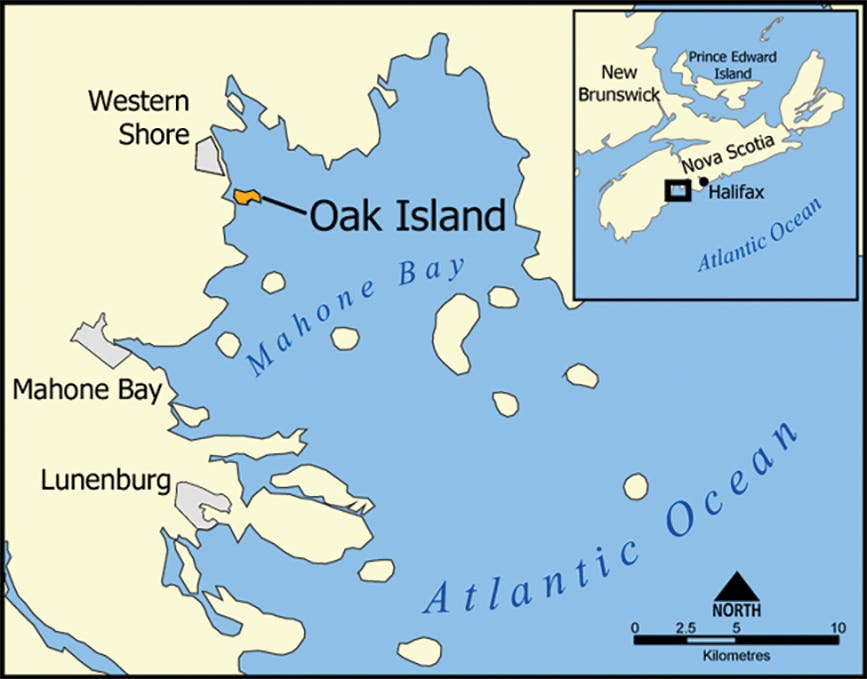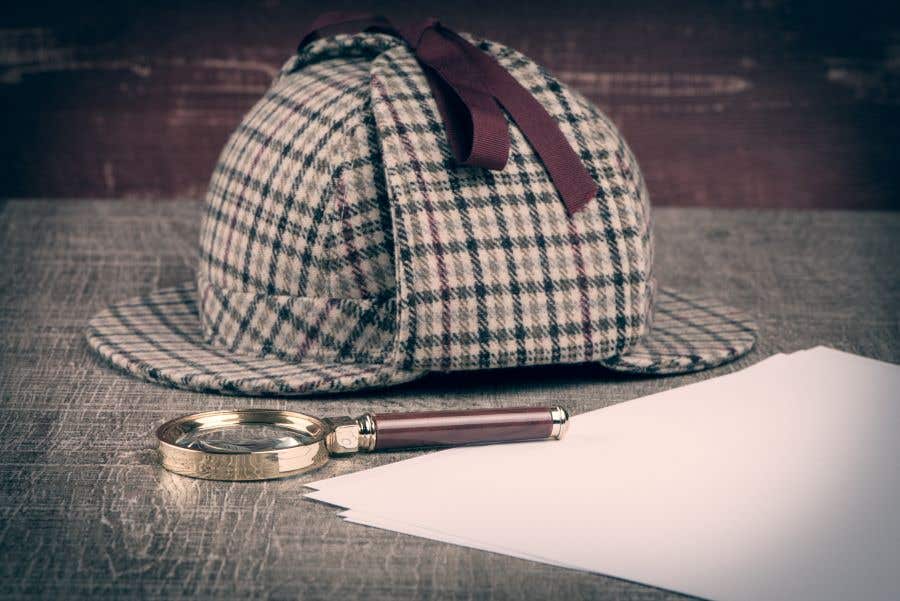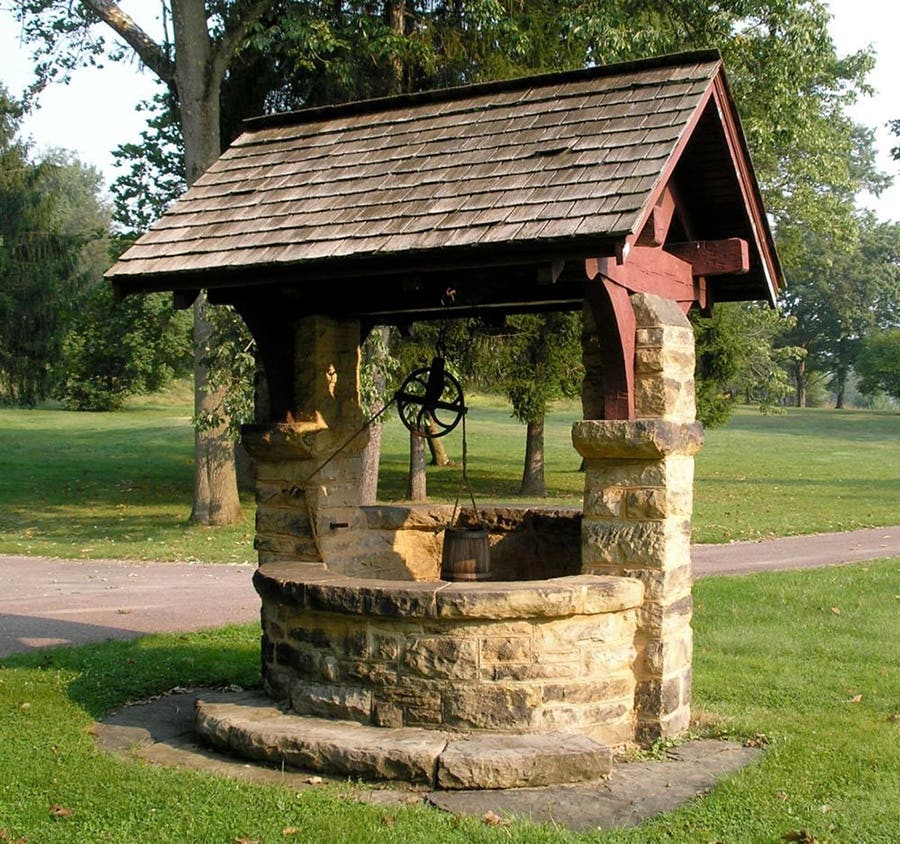What is a Numismatist?
This was the title of a topic I found explored in a recent CoinTalk (CT) thread. The original poster (OP) had been accused by a “large coin dealer” of not…
This was the title of a topic I found explored in a recent CoinTalk (CT) thread. The original poster (OP) had been accused by a “large coin dealer” of not really being a numismatist. According to the OP, the dealer told him, “You are a collector, not a numismatist.”
When OP asked for clarification, the response was, “You never made a living selling coins.” Of course, this begs the question of what qualifies a person to refer to themselves as a numismatist. Do you have to be a full-time coin dealer in order to be a numismatist, as this dealer seems to think?
To defend his standing as a numismatist, OP referred the dealer to the following Wikipedia definition: “A numismatist is a specialist in numismatics. . .. Numismatists include collectors, specialist dealers, and scholars who use coins and other currency in object-based research.” To this, the dealer replied: “Yea[h], that’s Wikipedia for you. . ..”
Obviously, the authors of the Wikipedia entry for numismatic/numismatist don’t consider making a living from coins a necessary part of the numismatist definition. The OP enumerated his credentials as a collector, which included collecting for many years, selling coins on eBay, and specializing in U.S. and world coins, which he’s attached to because of their history. He finished his initial entry with the following questions: “What IS the real difference between a collector and a numismatist? Is a coin dealer a numismatist? How do you become a numismatist? What do you study to be a numismatist?”
I can’t say that I’ve ever considered the OP’s questions, although I’ve long thought of myself as a numismatist. Whatever I’ve done as a collector/part-time mail-order dealer/author was enough for me to once get a call from a major coin auction/dealer in California to fly out to interview for a position as auction director. For a variety of reasons, I didn’t take them up on the offer but decided to continue my career as an academic psychologist. Interestingly, the person they hired had a Ph.D. in the history of psychology, which is an area that I gravitated toward near the end of my career.
One of the early responders to OP’s questions wrote, “I have long said that I am a rabid hobbyist and not a numismatist. I know all that I care to know to enjoy my hobby and am well versed on most U.S. coin series, key dates and such. But well versed does not translate to educated. . .. Education defines a numismatist in my eyes and that has nothing to do with marketing coins.”
To which the next responder quipped, “A PhD can be a scholar or a posthole digger.” This was followed by a statement taken from the Investopedia web site: “Numismatics is the study of coins and other currency units and is usually associated with the appraisal and collection of rare coins. [Do they have to be rare?] Numismatists study the physical properties, production technology, and historical context of specimens of currency.”
The person who posted the statement from Investopedia followed it with the following comment: “Even though I posted a ‘description’ above, my personal view is that anyone who is interested in collecting coins of whatever type, condition or quantity, is a numismatist.”
The dealer who labeled his customer merely a collector, not a numismatist earned some negative comments from other responders to the string. For example, one wrote, “That dealer is an uneducated . . . idiot; and I don’t care who, how long, or how big his company is. It’s too bad we’ll never know who he is.” To this, another responder wrote: “You’re being too nice!”
Piling on, another responder added, “Regardless of the definition of numismatist, collector, hoarder or stacker, that dealer is a bloviating buffoon.”
Yet another person commented about how the dealer had alienated a prospective customer in front of him by challenging the customer’s self-labeling. The responder added, “I wouldn’t spend a dime with a blowhard like that.”
Another responder offered the opinion that “If you collect, buy, sell, invest in, or trade coins you are a numismatist. You can also specialize in certain aspects such as errors, varieties, U.S. coins, foreign coins, ancient coins. Being a numismatist means you are part of a large group of coin lovers who do their own thing. . ..”
Are you a numismatist if you just accumulate coins but never learn anything about them? Are you even a coin collector if that is all you do?
One responder weighed in on these questions. “Some people set aside 1976 quarters and silver coins in the 60s and didn’t go any further. Some people just set aside pocket change that looks interesting without ever studying it any further. I’d say that’s a coin collector.”
But is this type of “collector” a numismatist? The responder added the following: “If you have most of the Redbook in your head and know details about varieties, start and end dates for series, understand grading, know all of the types of coinage the U.S. has had for the past 200 years, or maybe you’re well versed in ancients, etc. . . . I would say that is a numismatist.”
Speaking for myself, people who have a large jar of pennies or who save all their pocket change are not collectors, they’re accumulators or perhaps hoarders. For many years, I had a colleague who amassed a sizable number of coins, many of which had bullion value. To my knowledge, he never learned anything about his coins, he knew next to nothing about grading, he never bought a coin album on purpose, and he never opened even as basic a coin book as the Redbook. I would not call him a coin collector, and he certainly wouldn’t be confused with a numismatist.
My colleague accumulated the coins with bullion value for their investment potential, and he did manage to buy and sell at the right times. In fact, I heard that he paid cash for a large house by selling his bullion pieces.
In addition to the coins with bullion value, he acquired a large number of British big pennies. When I asked him the purpose of the large coppers, he said, “Ballast.”
To be considered a numismatist, it’s not enough to just be a coin accumulator, even if you’re doing it for the coins’ investment potential. Having enough interest to learn about your coins is essential, in my opinion.
Note that I’ve merely scratched the surface of this fascinating CT thread, and several other people weighed in with their views on what makes a person a numismatist. Perhaps the shortest definition I encountered was the following: A numismatist is a “. . . person who collects, gathers, or studies coins. . ..” I would replace the “or” with “and.”
Having read this column, do you consider yourself a numismatist?



